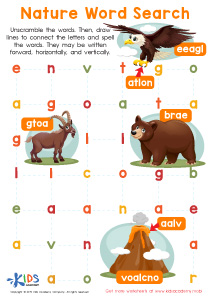Number identification Sight Words Worksheets for Ages 7-9
3 filtered results
-
From - To
Our Number Identification Sight Words Worksheets for ages 7-9 are specially designed to help young learners master essential math and reading skills. These fun, engaging worksheets focus on recognizing and writing numbers while integrating common sight words to enhance reading fluency. Perfect for both classroom and at-home learning, they also improve hand-eye coordination and boost confidence in math and literacy. Kids will enjoy colorful, interactive activities that make learning an adventure. Download our worksheets today and watch your child excel in identifying numbers and sight words effortlessly. Ideal for parents and educators committed to fostering academic success.
Number identification and sight words are essential building blocks for children aged 7-9, and both parents and teachers play a crucial role in fostering these skills. Actively participating in a child's learning process can immensely benefit their academic growth and daily life skills.
Number identification helps children recognize and understand numbers, which is fundamental for further mathematical concepts such as addition, subtraction, multiplication, and division. Early mastery of number identification improves problem-solving skills, logical thinking, and the ability to handle everyday tasks like telling time and dealing with money.
Sight words are high-frequency words that children learn to recognize on sight without needing to decode them. Mastering sight words will boost a child’s reading fluency, comprehension, and confidence. Many sight words are irregular and don’t follow standard phonetic rules, making early memorization crucial for improving reading speed and accuracy.
Together, these skills enhance a child’s educational journey by making reading and math less daunting and more approachable. Engaged parents and teachers who prioritize these foundational skills create a supportive learning environment. This not only encourages a love for learning but also establishes a solid academic foundation students can build upon throughout their educational careers.
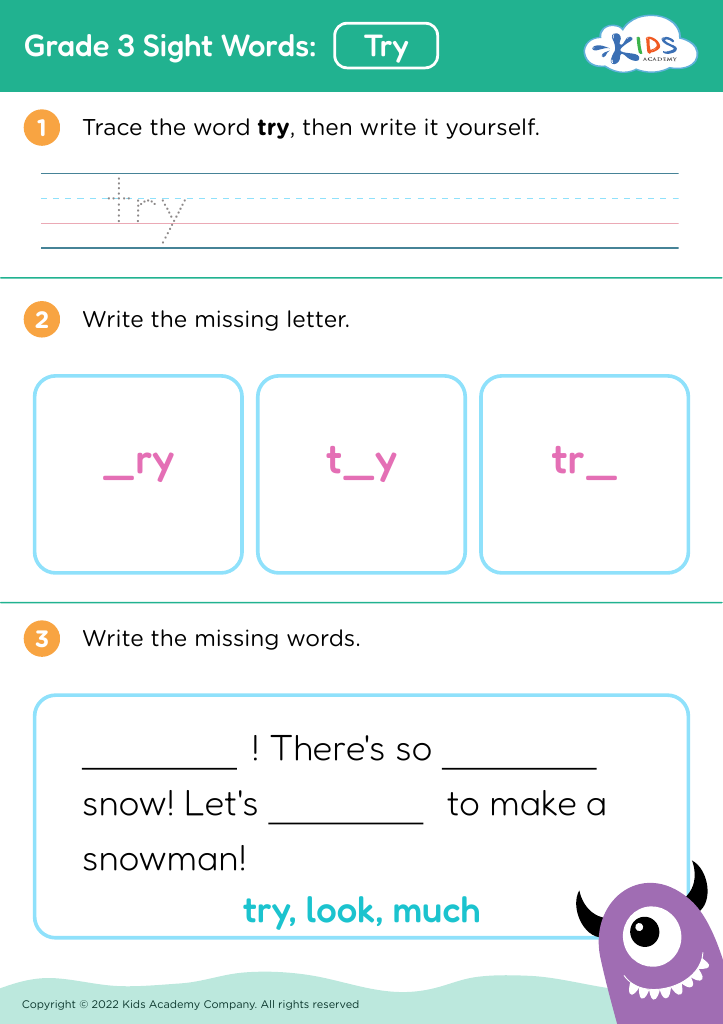
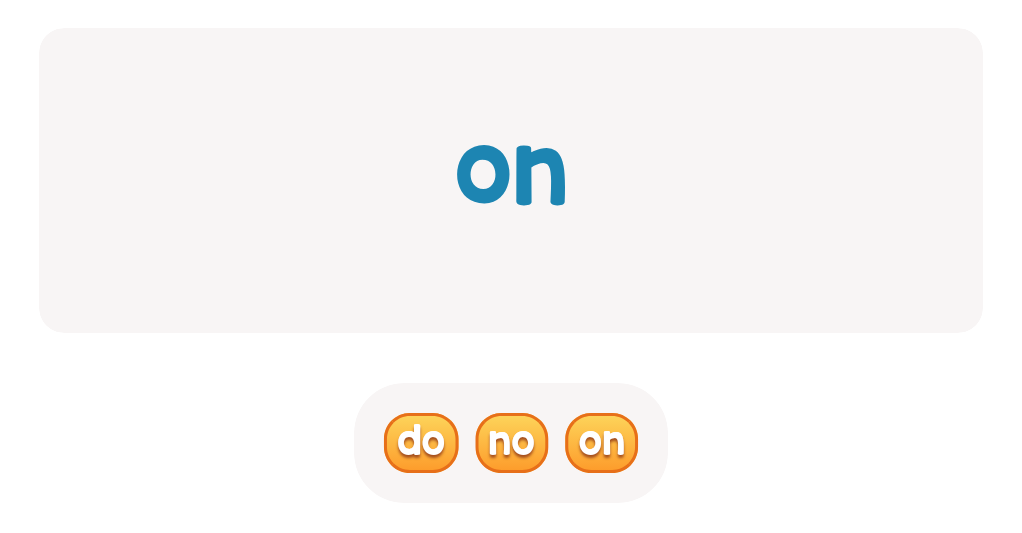
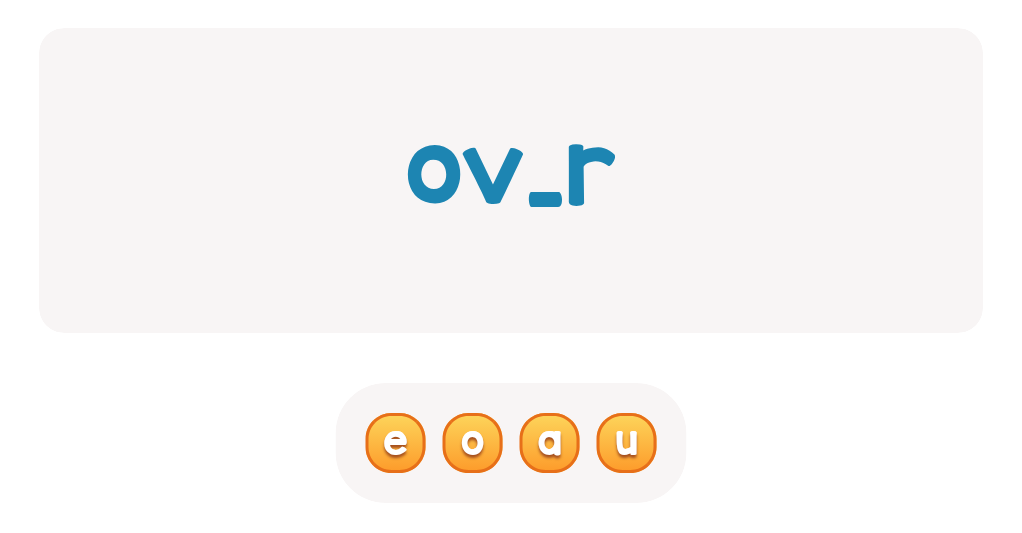
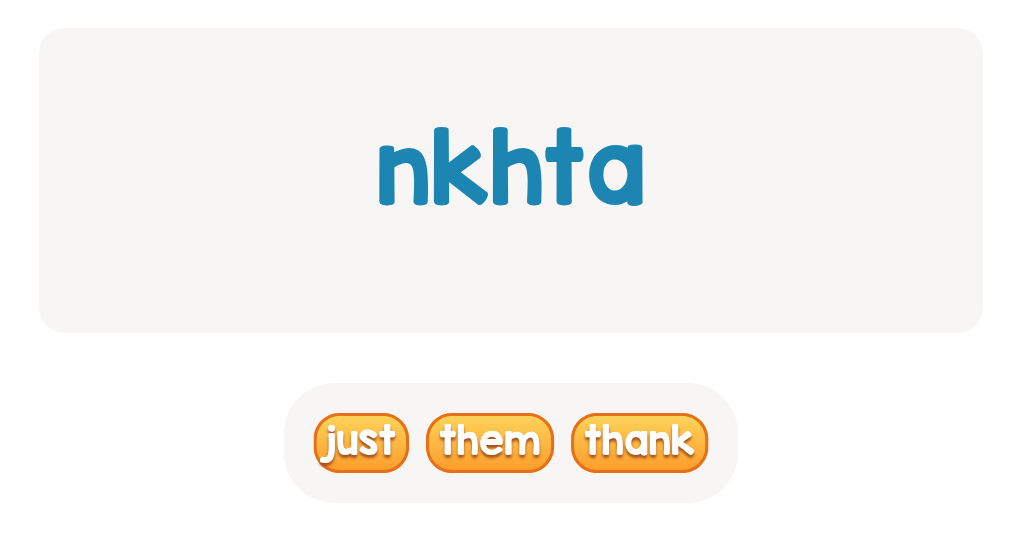
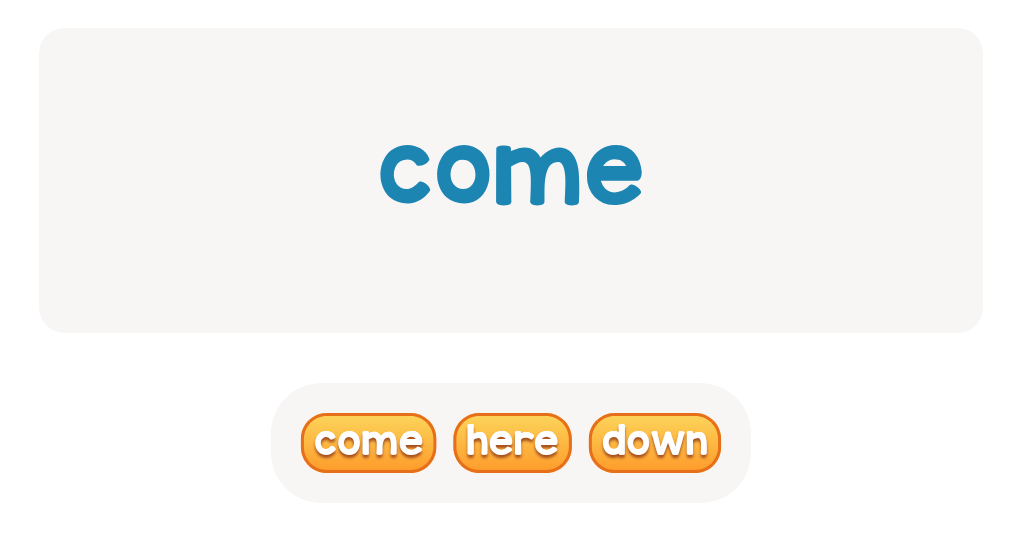

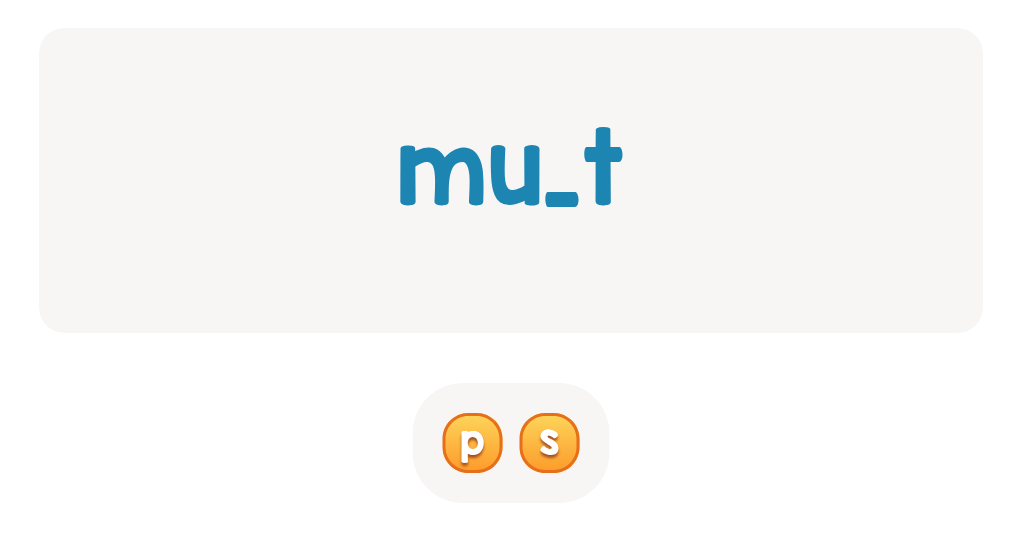
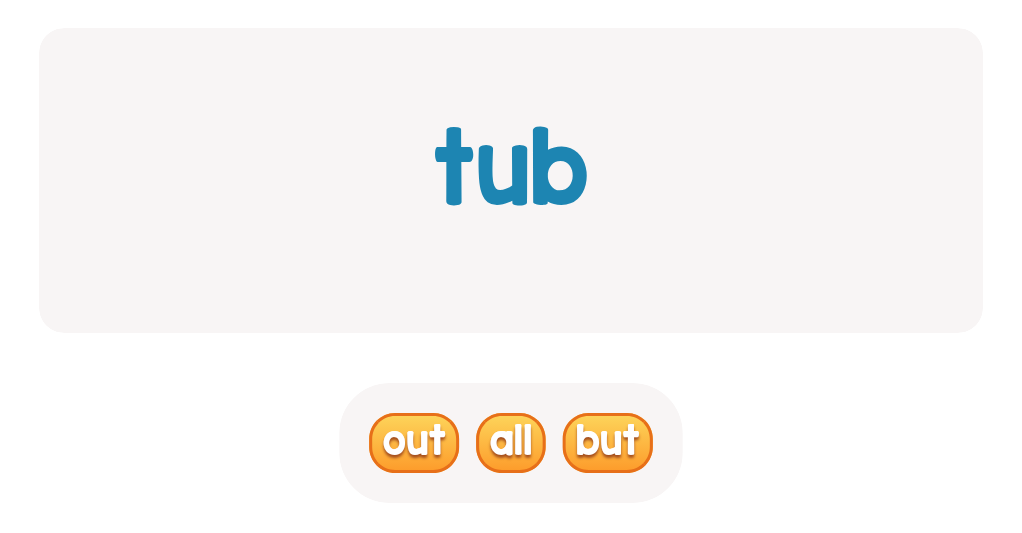
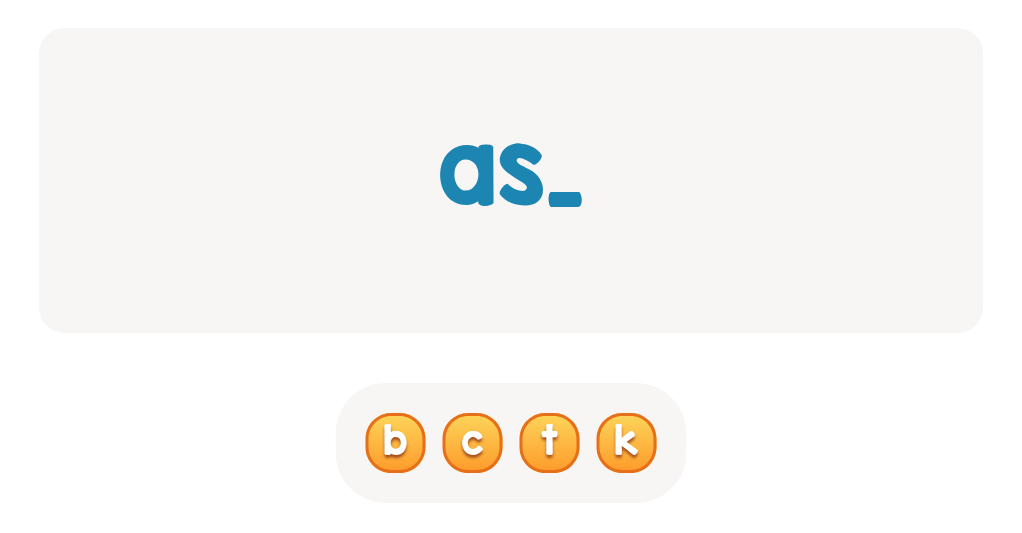
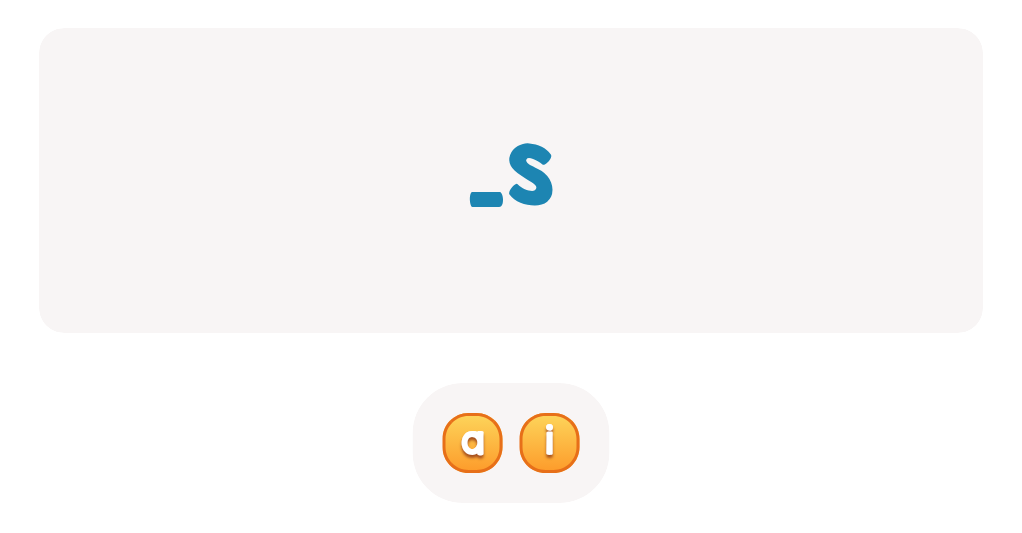
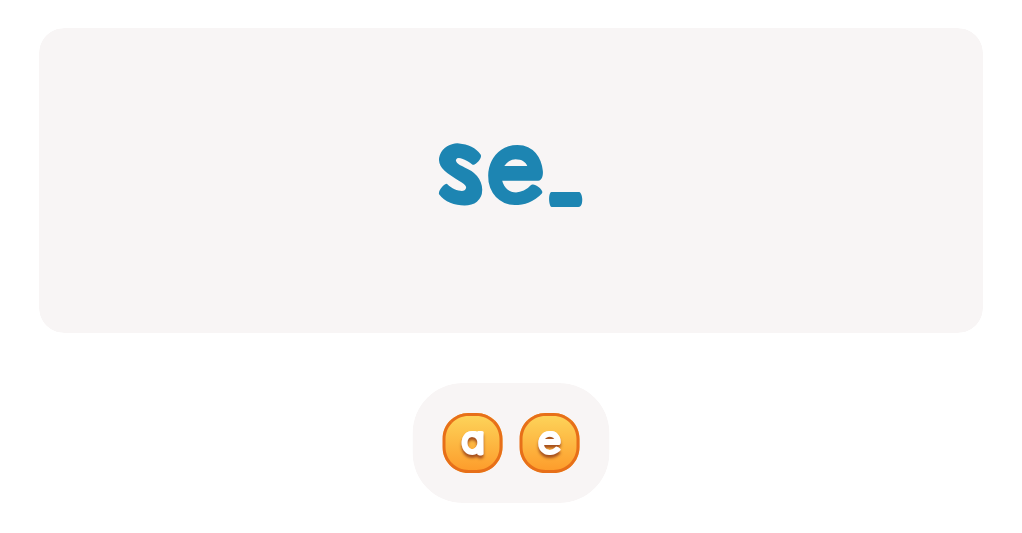





.jpg)




